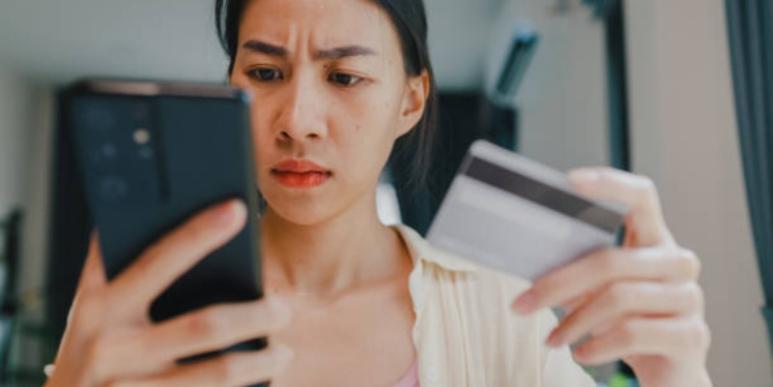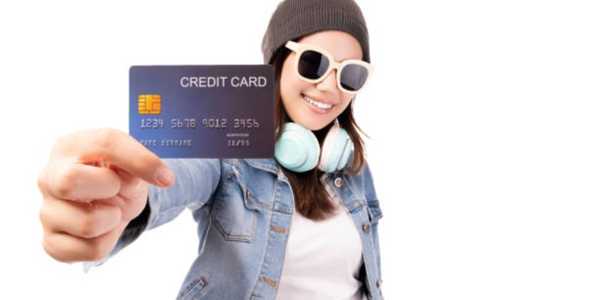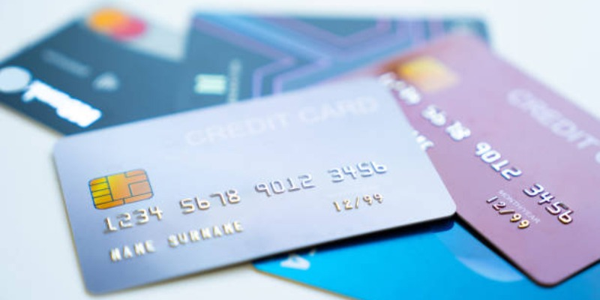Automotive
How To Avoid Credit Card Fraud: Red Flags Everyone Misses
There is nothing funny about losing money to credit card fraud. However, what is more painful is that many of these cases could have been avoided if people had paid attention to clear signs. Not all frauds come with a ski mask and a hacking keyboard. Some come wearing a smile, holding a phone, or sliding into your email inbox. And if you're not paying attention, you will hand over your money willingly.
There is nothing funny about losing money to credit card fraud. However, what is more painful is that many of these cases could have been avoided if people had paid attention to clear signs. Not all frauds come with a ski mask and a hacking keyboard. Some come wearing a smile, holding a phone, or sliding into your email inbox. And if you're not paying attention, you will hand over your money willingly.
Many Americans fall victim to credit card scams not because they are careless but because they ignore warning signs that appear harmless at first. These are the small red flags that go unnoticed until it's too late. This is a call to be alert. Credit card fraud is not always loud. Sometimes, it is quiet, clean, and dressed in a façade of confidence.
Strange Emails and Text Messages That Feel Off
It starts small. A message from your "bank" saying there's a problem with your card. The email looks real. The logo is there. The font is the same. But something is off. Maybe the email says "Dear valued customer" instead of your name. It may have a weird-looking link.

These minor signs are red flags. Banks and credit card companies do not ask for your password, card number, or PIN over email or text. However, scammers are aware that many people panic when they hear the words "unauthorized transaction" or "account blocked." That panic pushes them to click links without thinking.
If the message says you must act “now” or “immediately” to avoid losing access to your card, take a deep breath. That’s often bait.
Fake Calls That Sound Professional
Scammers have learned to imitate customer service agents. They may know your name, your last four digits, or even recent transactions. Do not let that fool you. That's information they can buy or steal from data leaks.
If someone calls claiming to be from your bank, do not provide your whole card number, social security number, or PIN. A real bank agent does not need those details to verify you.
Always hang up and call the official number on your card. Never continue a suspicious call because you don’t want to appear rude. Being polite to a scammer is how they win.
Free Trials That Ask for Your Card
You see a product online. It says, "Try it free for 14 days." However, before you can begin, you will need to provide your credit card information. That's a red flag many people ignore.
That "free trial" might turn into a subscription. Some of them hide the cancel option or make it so difficult to cancel that the charges continue to accumulate. Others keep your card details and use them to make other purchases.
Be cautious when a free product requests your card information. Ask yourself: why do they need it if it's free?
Public Wi-Fi That Feeds Hackers
Coffee shops, airports, and malls offer free Wi-Fi. It's convenient. But it can also be dangerous. Public networks are vulnerable to hacking.
If you enter your card details on an unprotected network, someone could be watching. Just because the login screen asks for your name and email does not mean the network is safe.
Avoid shopping online or entering card details while on public Wi-Fi. Wait until you’re on a trusted, private connection.

Suspicious Small Charges That Get Ignored
Some scammers will not charge you $500 right away. They'll test with $1.25 or $2.07 to see if your card works. These small amounts look like nothing. That's the trap. If the cardholder does not notice, the thief may return for a larger charge later.
This is why checking your card statements weekly, rather than just monthly, is a smart move. Look for anything you don't recognize as a purchase. If it feels odd, report it. Don't wait. A tiny charge today could be a $900 shopping spree tomorrow.
Online Stores with Too-Good-To-Be-True Deals
A designer shoe selling for $25. A smart TV for $40. That’s not a sale. That’s bait. Fake online stores copy real ones. They use ads and sponsored posts to look legit.
Once you buy from them, two things happen: either they send you nothing and keep your money, or they take your card details and sell them.
If a store has poor grammar, no contact number, or only accepts cards (no PayPal or third-party gateways), walk away. You are not buying a product. You are giving away your card.
Skimmers and Card Readers That Look Normal
At gas stations and ATMs, some devices are fitted with fake card readers. They appear to be the real thing, but they are skimmers. These tools collect your card info once you insert it.
Some are almost impossible to notice. But many stick out slightly or feel loose when touched. Before using any card reader, gently wiggle it to ensure it is properly seated. If it feels wrong, don't use it.
Cover your PIN when typing. Even better, use tap-to-pay options or mobile wallets that offer more security.
Giving Out Your Card to Friends or Family
Some cases of fraud happen close to home. A friend borrows your card "just for this once." A sibling saves your card on their phone. Months later, you're seeing charges you don't remember.
If your card details are saved on devices you don’t control, you’ve lost control of your money. It’s better to say “no” now than argue later when they say, “Oh, I thought it was fine.”
Be kind, but be wise. Cards are not group property. Not even within families.

Storing Card Info in Unsecured Places
Some people store their card numbers in their notes app or write them down on paper. That's risky. If someone gains access to your phone or finds that paper, they will have complete access to it.
If you must save your card details, use trusted password managers. No screenshots. Not sticky notes.
Alerts That Can Save You
Many credit card companies allow you to set alerts for every charge made. These alerts are not a disturbance. They are protection.
Set your account to receive instant notifications when a charge is made. That way, if a thief tries anything, you'll know right away and can stop it before it goes further.
When to Freeze or Cancel Your Card
If you ever notice something strange—charges you didn’t make, a lost wallet, or an online account hacked—don’t wait. Freeze the card. Contact your bank. Get a new card issued.
Some people delay because they hope the problem will go away. It won't. Fraud spreads. Thieves do not stop with one try. They continue to come until the card is no longer usable.
Act fast. The moment something feels off, treat it as a real risk. The worst that can happen is your card gets changed. The best that can happen is to stop a thief in his tracks.
Trending










